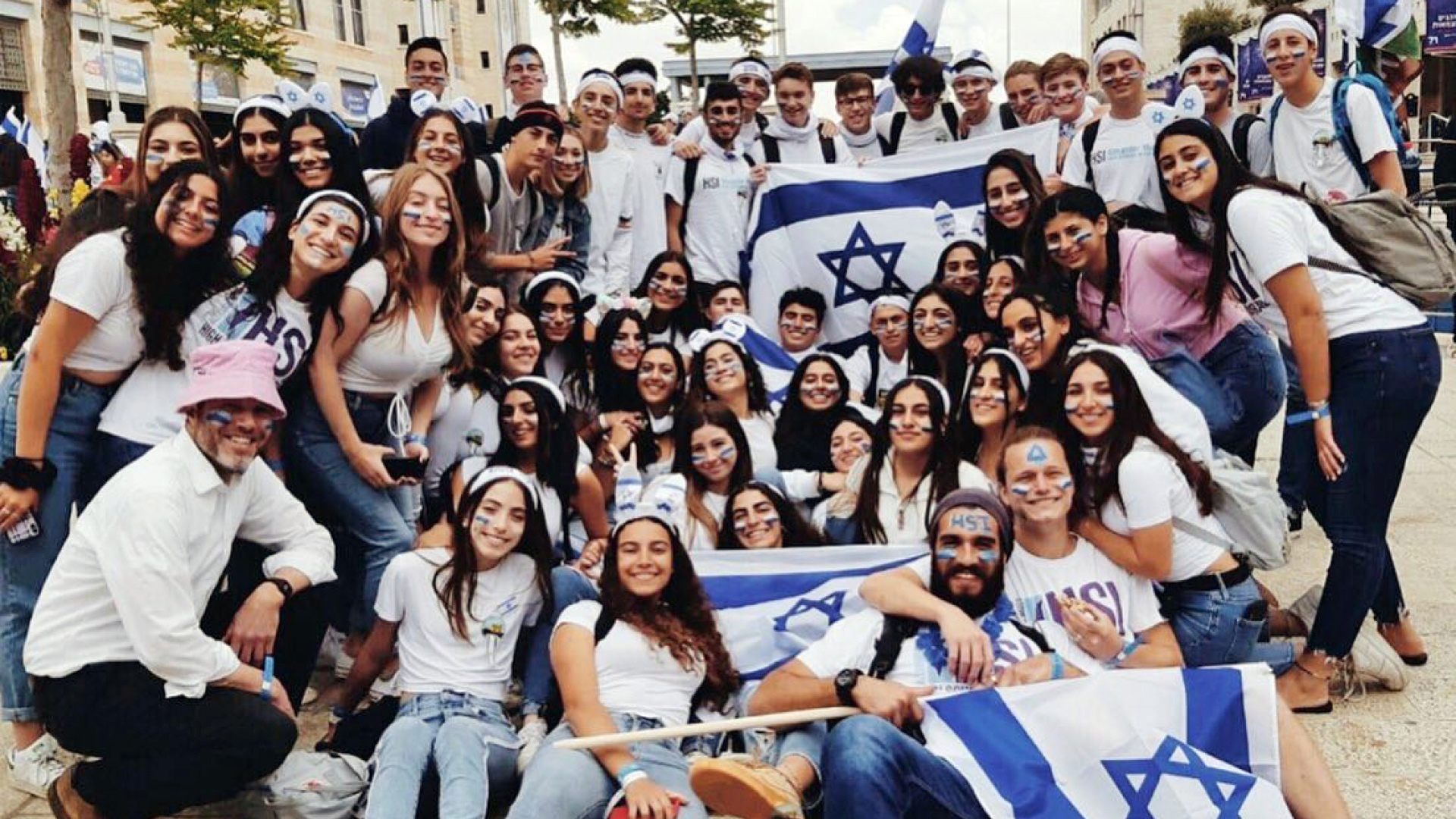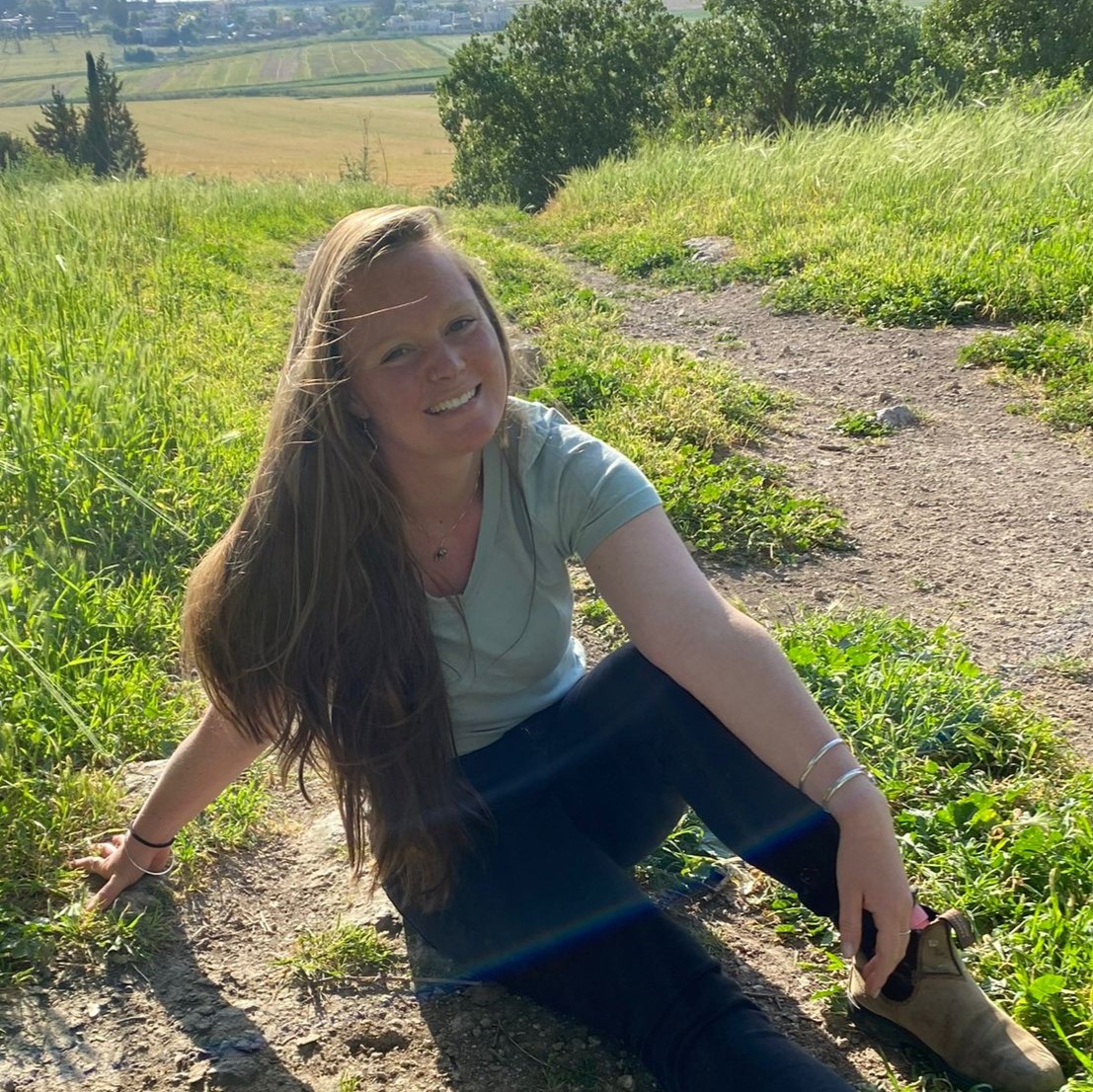Israelis Are Known for Being Direct

Two Israelis stand in a shop, one trying on a coat.
“What do you think of this? Should I get it? I don’t know,” one asks.
“Get it? Seriously? Are you crazy? I-”
“Ok, ok, you could have just told me it didn’t fit right.”
“I could have, but I also wanted to tell you that the color was terrible.”
Israelis are often teased for our directness.
Sometimes, when people talk about Yom HaZikaron, we want to draw comparisons between Israeli Memorial Day and other Memorial Days. “Who but an Israeli would say טוב למות בעד ארצינו - It is good to die for our country. What do Americans know, with their barbeques and parties?”
Other times, we want to compare it to the other national holidays of the spring, Yom HaShoah and Yom HaAtzmaut: one holiday to commemorate the consequences of the grief we suffer without a state, one to commemorate the grief we suffer with a state, and one to remind us what all this grief is for and to celebrate the wonder that is Israel.
What do Israelis opining on fashion and Yom HaZikaron have in common? I’ll tell you.
Israelis grieve directly. There is no shushing, no pretending that this is okay, nor act that the deaths of those who die heroically are not also tragic. We are a country that grieves, all the way down into the terrifying depths of our sadness and loss, feeling our sorrow down in our kishkes (guts). It is not easy to be a mourner, nor is it easy to witness someone in the throes of grief. There is a human urge to look away and soothe, but we don’t.
While our hearts break to see it, no one thinks twice about a young boy climbing atop his father’s grave at Har Herzl, wrapping his arms around the headstone; of course he reaches out to hold what he can.
With tears streaming down our faces, we listen to those who lost their loved ones: to the soldier in a unit who swore he never wanted to be the one left to tell the story, to the taxi driver who lost a majority of his battalion in the Yom Kippur War when he was just a boy, to the parents and girlfriends and best friends. There are few greater kindnesses than letting someone talk about their person as they lived, to share that story with just one more person, to entrust a little flicker of their loved ones to us.
We file into little apartment kitchens and big tents set up in the center of the moshav, we physically support those who struggle to carry themselves, we give them room to talk or be silent, and we weep alongside them without knowing where their grief ends and our own begins.
From this, Am Israel, the people of Israel, draw their strength. It is not just ביחד ננצח, together we will win. Rather, it is together we will do everything. We will celebrate and change, laugh and yes, we unfortunately will mourn. But as Israel moves forward from Yom HaZikaron and into Yom HaAtzmaut, can we be as intentional, willing, and present in our cohabitation as we are on this one day in sadness? What does a Jewish future look like?
As a teacher, I look at our clever, bold, brave, and goofy students and see a generation that has been enriched by the experience they had here, grief and all. It was not easy; Israel’s national days this year were amongst the hardest most Israelis have ever known. Yet, I believe that the students will take this ability, this directness even in the face of pain, and use it to empower them for the rest of their lives.

Hannah Boronski, a Massachusetts native, has lived in Israel since 2015, and is proud to be a part of the Alexander Muss High School in Israel team as both a teacher and administrator.

